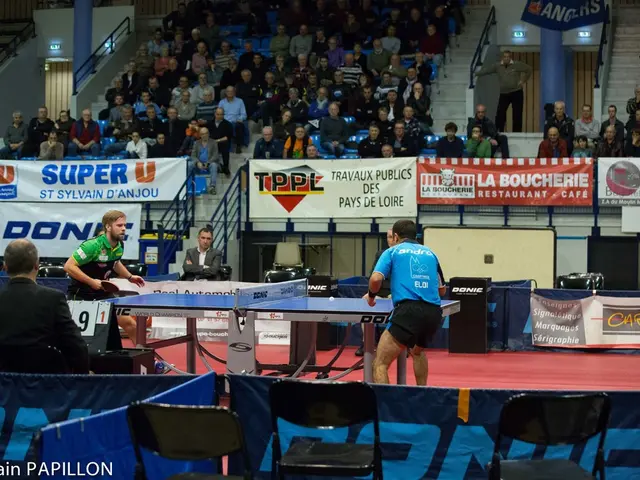Trends in Gambling Preferences: A Comparison Between Millennials and Generation Z
In the rapidly evolving online gambling industry, striking a balance between innovation and safeguards has become paramount, especially when addressing the susceptibility of Generation Z (Gen Z) to behavioral addictions. This article explores the key differences in gambling preferences between Millennials and Gen Z, shedding light on the strategic necessities for operators to stay ahead.
Millennials, now in their 30s and 40s, remain the largest demographic of active online gamblers. They have adopted digital poker rooms, sportsbook apps, and online casinos during the internet boom and mobile revolution. Their preference leans towards classic and digital slots, particularly those with familiar themes, progressive jackpots, and engaging bonus rounds. Interestingly, they also favor in-play betting and deep analytics for sports betting.
On the other hand, Gen Z, the first generation raised entirely in the digital era, prefers fast, interactive, and immersive experiences in online gambling. This demographic gravitates towards casino environments that feel more like multiplayer arenas. Their risk appetite, combined with limited exposure to responsible gambling frameworks, can make them more susceptible to impulsive decisions.
One of the significant differences between these two generations lies in their platform and device preference. Gen Z players are predominantly mobile-first, favoring slot games and iGaming platforms optimized for mobile and vertical screens. Millennials also engage heavily in mobile gaming but show more avoidance of physical casinos.
When it comes to game type preference, about 71% of Millennials consider themselves gamers and prefer skill-based casino games that test their abilities. Gen Z players tend toward mobile slot games and skill-based games but have a stronger affinity for games with interactive, social, or real-time elements.
Gen Z's spending behavior also differs from that of Millennials. They tend to spend more on in-app purchases within slot apps and online games, while Millennials spend less in this regard but have a higher avoidance of physical casinos.
In terms of gambling categories, Millennials have a slight edge in sports betting, with around 40% enjoying bets on their favorite sports teams. This suggests a greater interest in traditional sports gambling compared to Gen Z.
Marketing and media consumption also play a crucial role in appealing to these two generations. Gen Z responds best to authentic, agile, and digitally fluent marketing that embraces real-time conversations and social media engagement. Millennials, while digitally savvy, may be more tolerant of traditional ads.
For operators aiming to stay ahead in the online gambling industry, understanding the gaming habits and content preferences of Millennials and Gen Z is a strategic necessity. Gen Z is drawn to esports betting, particularly on titles like CS:GO, League of Legends, and Valorant. They are also attracted to VR casinos due to their immersive, gamified virtual environments.
For Millennials, casinos should focus on familiarity, trust, and value, as well as transparency and a sense of control. Understanding the generational divide between Millennials and Gen Z is essential for the iGaming industry to continue innovating in ways that feel authentic, engaging, and ready for the future.
In summary, Gen Z’s gambling preferences are shaped by their mobile-first, always-connected lifestyle, favoring skill, social, and authentic digital experiences with higher in-app spending, whereas Millennials lean more toward skill-based games and sports betting, with a greater tendency to avoid physical casinos.
Sports betting platforms and online casinos that cater to Gen Z's preference for fast, interactive, and immersive experiences, such as esports betting and VR casinos, are essential for operators in the gambling industry to stay ahead. Conversely, understanding Millennials' propensity for traditional sports betting and their preference for skill-based casino games will help operators maintain a balance between innovation and familiarity.








